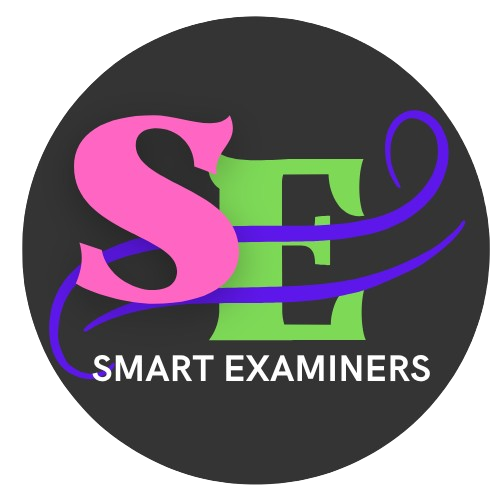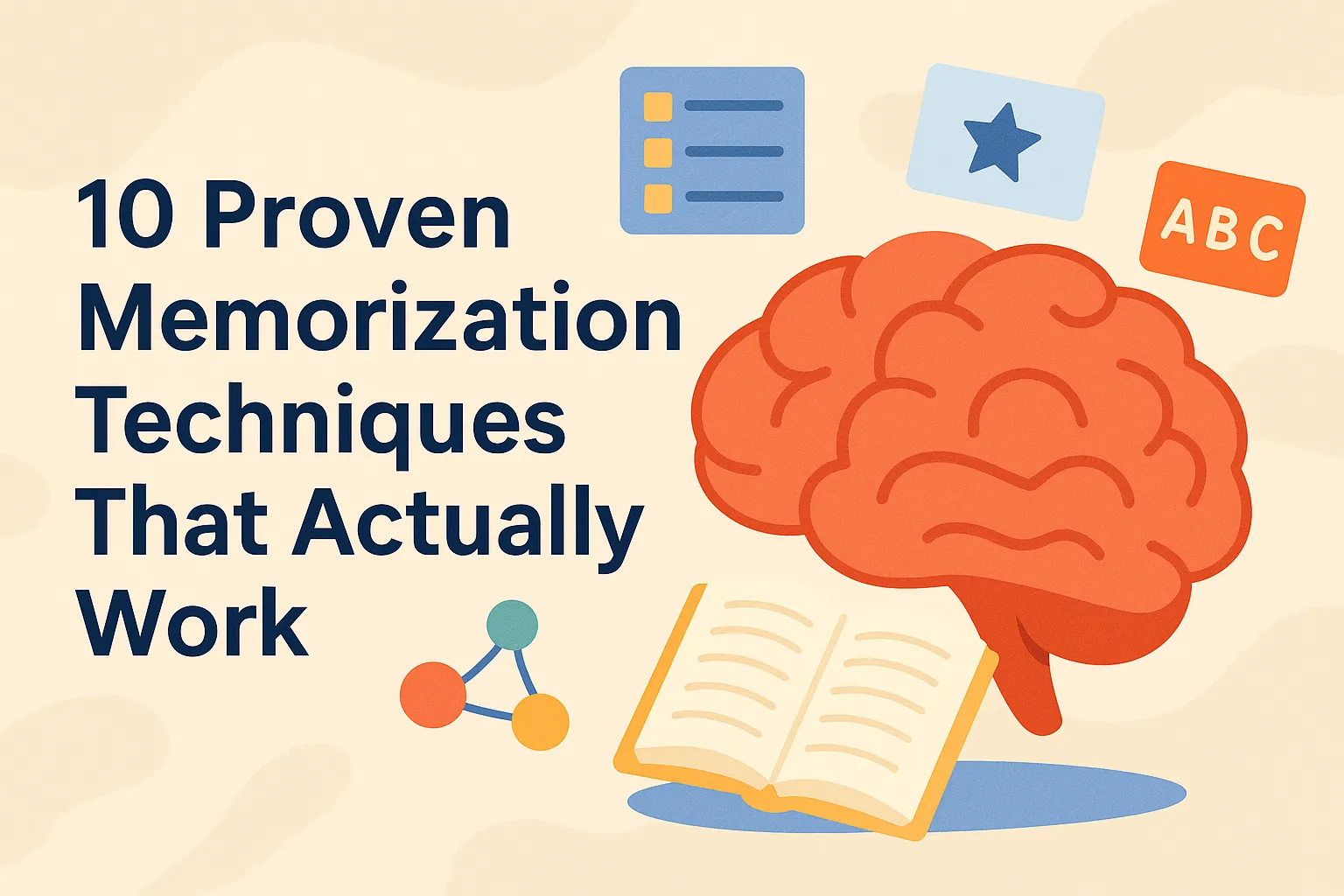In the fast-evolving landscape of education, technology is playing a pivotal role in transforming traditional processes. One of the most significant advancements in this space is the use of Artificial Intelligence (AI) to generate exams, marking schemes, and answer keys. AI-powered systems, like SmartExaminers, are reshaping how teachers and institutions create and assess exams, making the process more efficient, accurate, and scalable.
The Evolution of Exam Setting and Marking
Traditionally, teachers and examiners have manually crafted test papers, often requiring hours of effort to ensure quality, fairness, and adherence to curriculum standards. Similarly, marking these exams, especially open-ended questions, has been labor-intensive and prone to human errors and biases. AI, however, is revolutionizing this approach, automating exam generation and marking while maintaining high accuracy and fairness.
How AI Generates Exams
1. Understanding the Curriculum and Exam Guidelines
AI-powered platforms analyze curriculum frameworks to ensure that the generated exams align with educational standards. For example, SmartExaminers tailors questions based on Kenyan curriculum guidelines, ensuring relevance to the subject and grade level.
2. Automated Question Bank Creation
AI algorithms generate diverse question types, including:
-
Multiple-choice questions (MCQs)
-
Short-answer questions
-
Essay-based questions
-
Fill-in-the-blank and true/false statements
-
Case studies and problem-solving questions
By leveraging Natural Language Processing (NLP) and machine learning, AI ensures questions are not repetitive and adhere to learning objectives.
3. Customization and Difficulty Level Adjustment
AI allows educators to set difficulty levels for exams, catering to students of varying abilities. Teachers can specify easy, medium, or hard questions, ensuring a balanced assessment that matches students’ learning progress.
4. Randomization to Prevent Cheating
AI-powered systems can generate different versions of the same exam, ensuring that students receive randomized question sets. This enhances exam integrity by reducing the chances of cheating.
How AI Automates Marking and Answer Generation
1. Objective Question Marking (MCQs, True/False, Fill-in-the-Blanks)
AI quickly grades objective-type questions using predefined answer keys, providing instant feedback to students.
2. Automated Marking of Subjective Questions
Through advanced Natural Language Processing (NLP) and AI-powered grading models, AI can evaluate:
-
Grammar and sentence structure
-
Relevance to the question
-
Concept clarity and depth of knowledge
For instance, AI in SmartExaminers can assess essay-type answers and assign scores based on keyword relevance and logical flow.
3. Standardized Marking Schemes and Answer Keys
AI-generated marking schemes ensure consistency and fairness by:
-
Eliminating human bias in grading
-
Providing step-by-step solutions and marking criteria
-
Highlighting key points that should be included in answers
4. Feedback and Analytics for Teachers and Students
AI doesn’t just generate answers—it also provides detailed analytics, allowing teachers to:
-
Identify common mistakes
-
Analyze student performance trends
-
Adjust teaching strategies based on strengths and weaknesses
The Advantages of AI in Exam Generation and Marking
1. Time-Saving for Educators
Teachers can create complete exams in minutes instead of hours. AI-powered auto-marking also reduces the workload of grading, allowing educators to focus on teaching.
2. Enhanced Accuracy and Fairness
AI eliminates inconsistencies in human marking, ensuring standardized and unbiased grading.
3. Cost-Effectiveness
Schools and institutions save costs on manual exam-setting processes. AI reduces the need for additional examiners, making assessments more budget-friendly.
4. Immediate Feedback for Students
Students receive instant results and insights into their performance, helping them improve in real time.
5. Multi-Language Support
Platforms like SmartExaminers support multiple languages, allowing diverse institutions to generate exams and marking schemes in English, Kiswahili, and French.
6. Secure and Scalable Solutions
AI-powered exam systems provide secure cloud-based storage for question banks, enabling schools to scale up their examination processes without infrastructure limitations.
The Future of AI in Education
AI’s role in exam generation and marking is still evolving. Future advancements may include:
-
AI-powered oral exam grading using speech recognition
-
Personalized exam difficulty adjustment based on student performance
-
Blockchain technology for secure and tamper-proof exam storage
-
Deeper AI insights for adaptive learning
Conclusion
The integration of AI into exam generation and marking is revolutionizing education, making assessments more efficient, accurate, and scalable. Platforms like SmartExaminers empower teachers by automating test creation and marking, ultimately improving learning outcomes for students. As AI technology continues to advance, its impact on education will only become more profound, paving the way for a more innovative and inclusive future in learning.
Are you ready to experience AI-powered exam generation and marking? Try SmartExaminers today and transform your assessment process!
 SmartExaminers
SmartExaminers


